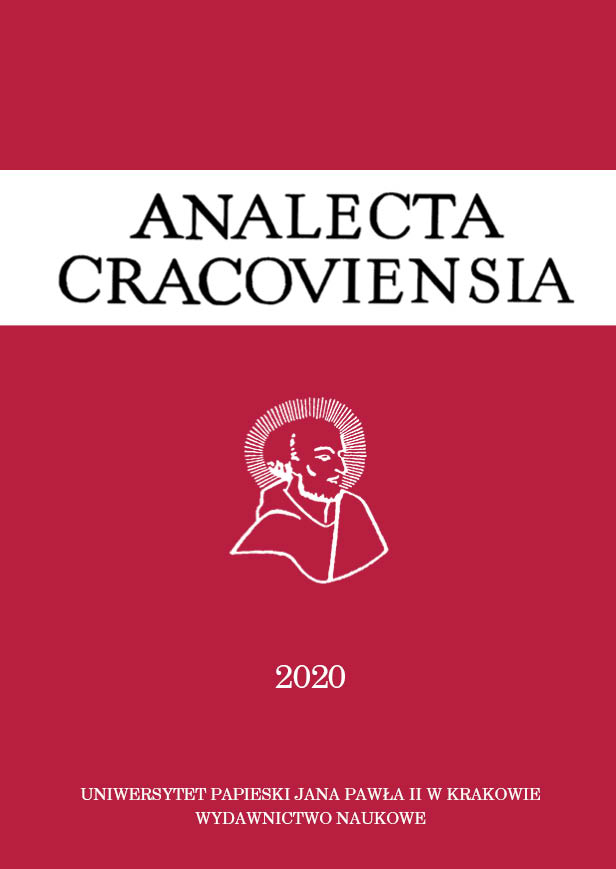Wolność – prawda – sumienie.
Freedom – Truth – Conscience.
Anthropological Determinants of Morality in the Encyclical St. John Paul II Veritatis Splendor.
Author(s): Krzysztof GryzSubject(s): Ethics / Practical Philosophy
Published by: Wydawnictwo Naukowe Uniwersytetu Papieskiego Jana Pawła II w Krakowie
Keywords: recognition of the truth; free choice; conscience; ethics; act of person
Summary/Abstract: Human action is the basis for building existence both in the individual dimension and in all social relations. At the core of every action that a person undertakes there are three essential elements that determine the fact that we are talking about human action, and not just the occurrence of a specific effect as a result of the action of an impersonal cause. These factors, specifically human, deeply rooted in the nature of man as a person, are the ability to know the truth, freedom of choice and the conscience. That is why we can talk about the existential structure of man. Precisely because human activity is connected with the possibility of knowing the truth, not only the technical one, that describes the world of objects, but also the truth of wisdom, revealing the meaning of things, and the human ability to make autonomous choices, following the axiological criterion (good-evil) that reveals itself apparently in the experience of conscience, man is responsible for his actions. This responsibility has its consequences not only in the moral but also legal dimension.
Journal: Analecta Cracoviensia. Czasopismo Uniwersytetu Papieskiego Jana Pawła II w Krakowie
- Issue Year: 2020
- Issue No: 52
- Page Range: 133-145
- Page Count: 13
- Language: English, Polish

